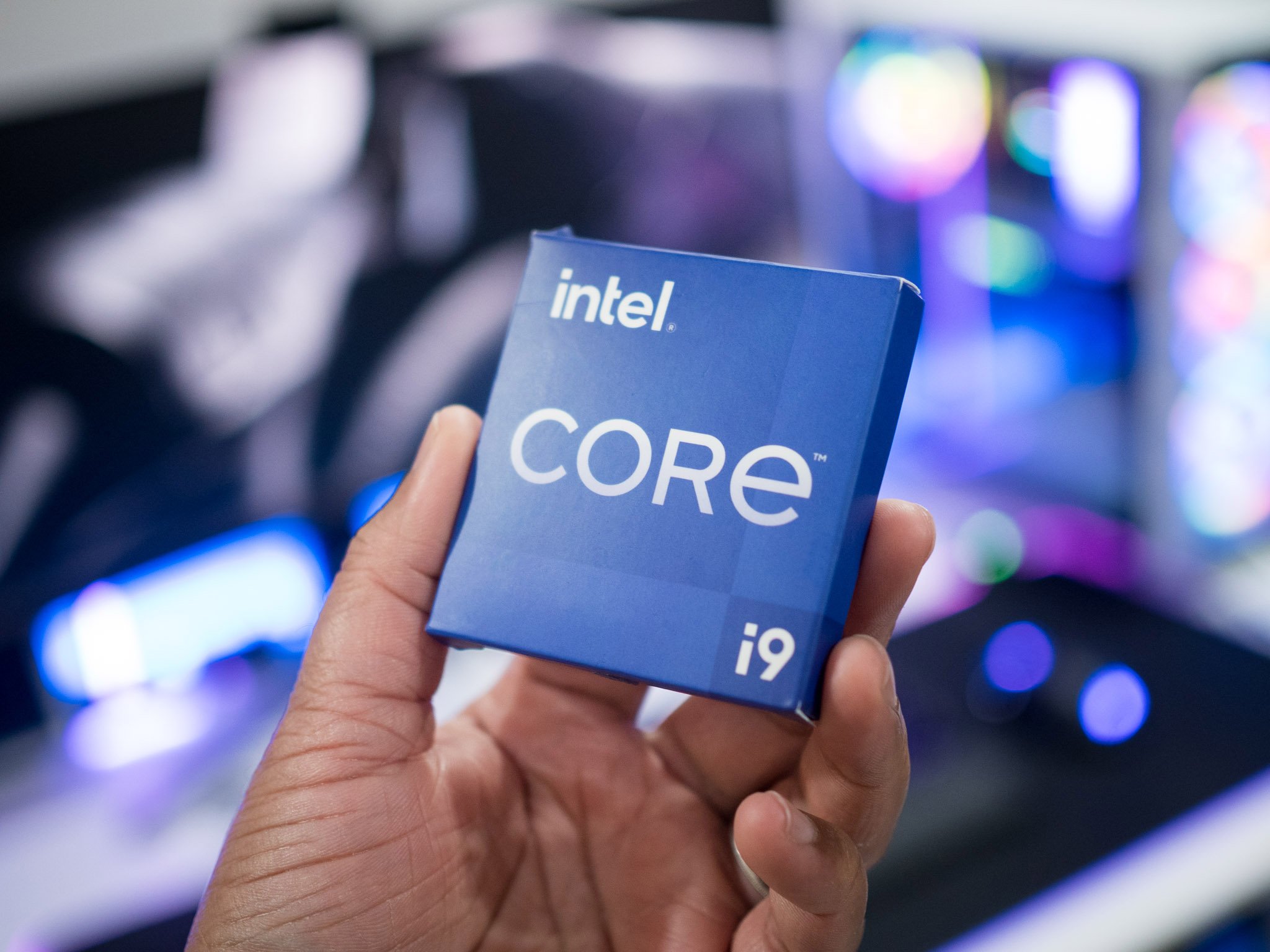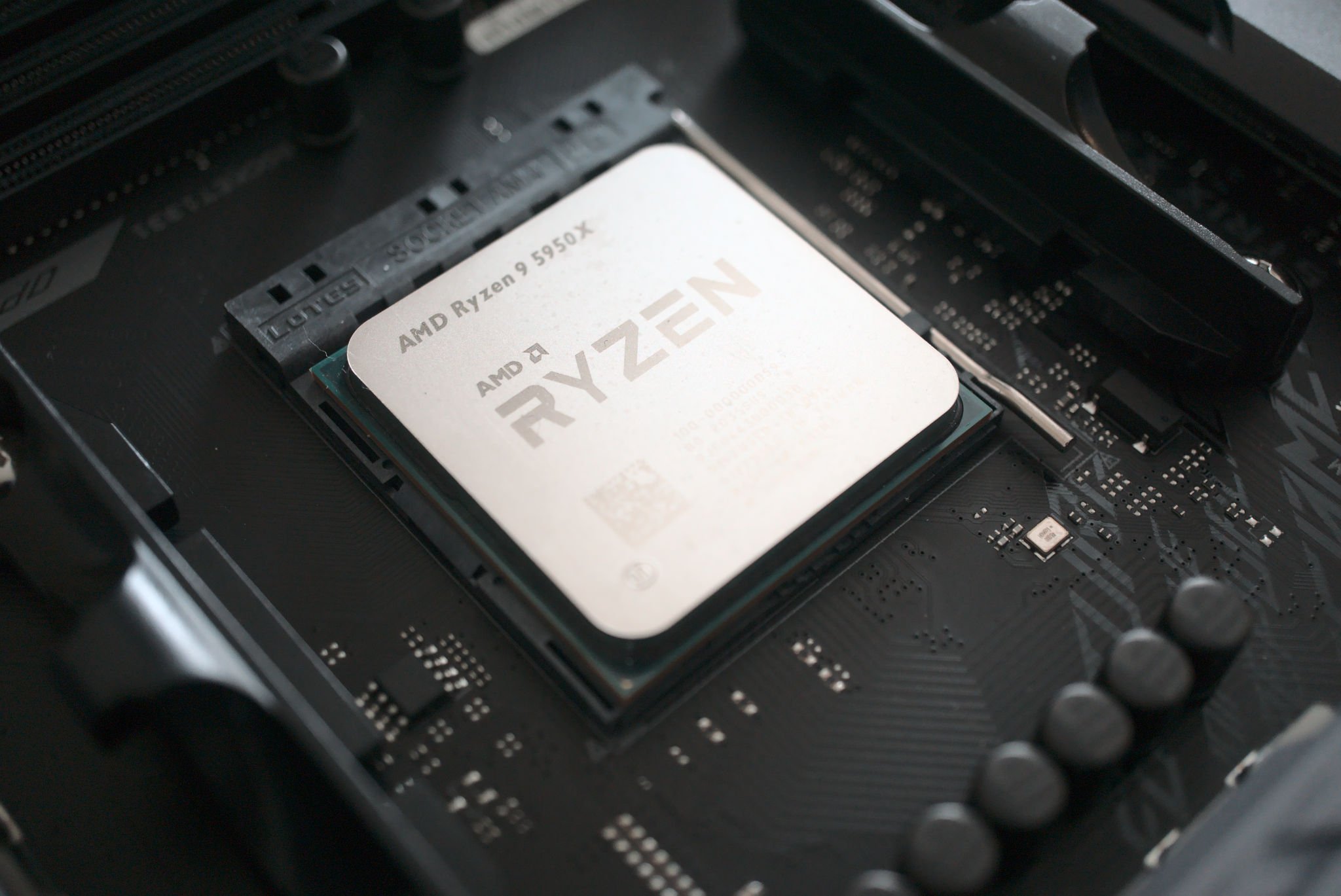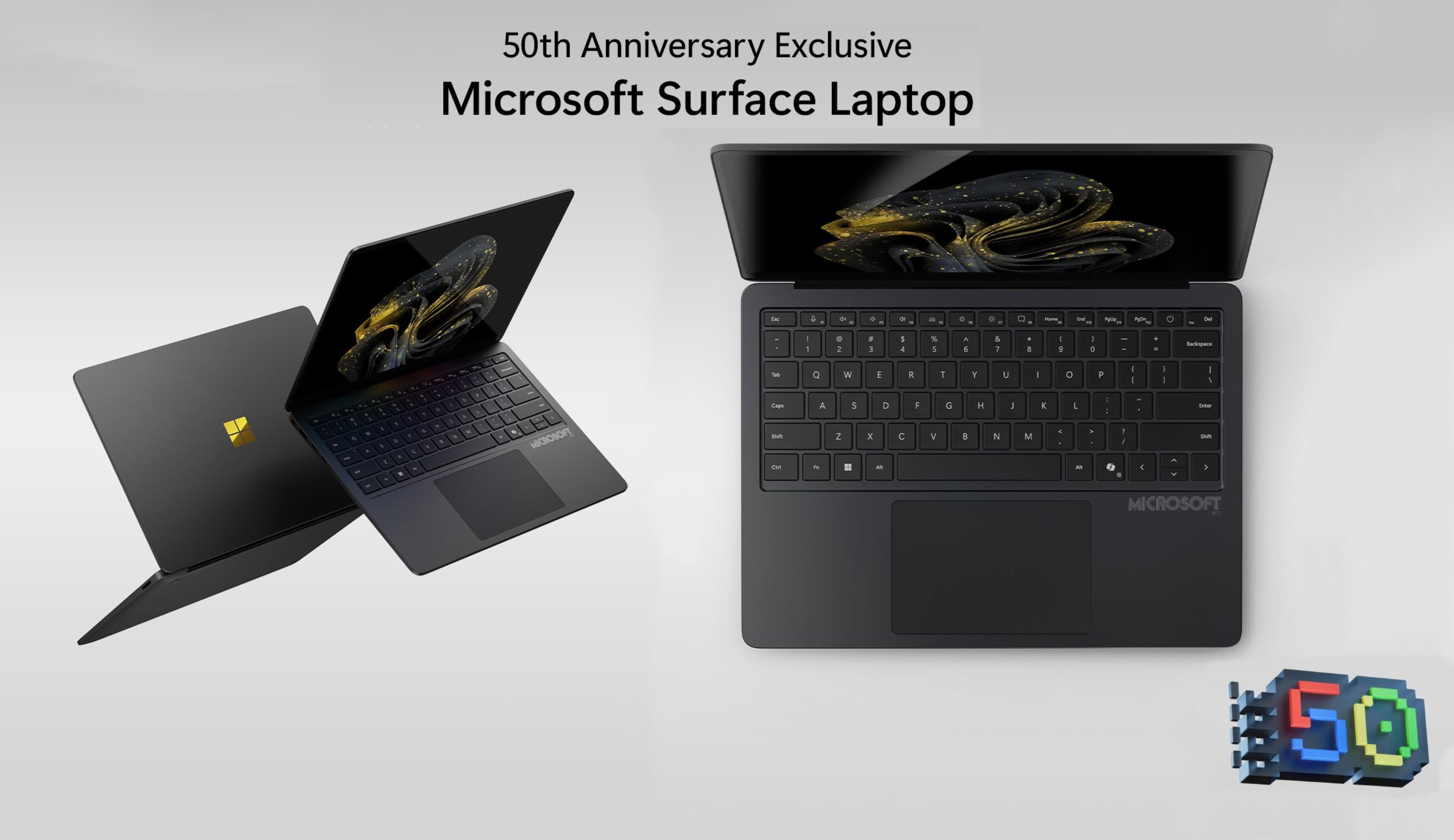AMD and Intel reportedly are suspending processor shipments for industrial use to Russia
Under new export control regulations and sanctions imposed by OFAC, Intel, AMD, and even TSMC may be suspending chip supplies to Russia.

What you need to know
- A new report claims Intel and AMD are suspending sales of industrial processors to Russia.
- The companies would be following new rules set by OFAC and BIS on selling technology to Russia in response to its invasion of Ukraine.
- The ban would not apply to consumer devices.
- TSMC, which manufactures Russian-design chips, reportedly complies with new export control rules against Russia.
A new report from RBC claims Intel and AMD have "verbally informed Russian manufacturers" that both companies are complying with a ban on the supply of processors to Russia in response to its invasion of Ukraine. That ban on technology and exports is set to take effect on March 3, although the reporting by RBC suggests Intel and AMD have already halted supplies.
Additionally, according to RBC, partners in China have been informed by Intel's local office about the ban on the supply of processors to Russia.
The information aligns with recent sanctions imposed by the U.S. Department of the Treasury's Office of Foreign Assets Control (OFAC). For its reporting, RBC relied on two sources in the IT market but further confirmed the news with a "representative of the Association of Russian Developers and Electronics Manufacturers (ARPE)."
An Intel spokesperson in Russia did respond to RBC and stated "the company is closely monitoring the situation and ensuring compliance with applicable sanctions and export control regulations, including new sanctions imposed by OFAC and rules issued by the BIS." BIS is the Bureau of Industry and Security under the U.S. Department of Commerce.
However, if accurate, it's important to note that Intel and AMD's ban of chip shipments to Russia does not involve "consumer communication devices," including personal computers, mobile phones, digital cameras, and more. Instead, the ban on importation and sale of processors only applies to industrial usage by either private companies, government entities, or those expressly sanctioned by the U.S. government "including the president, prime minister, deputy prime ministers, federal ministers, State Duma deputies and members of the Federation Council, editors-in-chief and deputy editors-in-chief of state media."

The ban could significantly hurt Russia's economy in the long run as companies won't be able to upgrade, replace, or expand server usage for cloud computing and data storage. The same applies to the use of "supercomputers" for heavy data processing. Exceptions could be made if companies apply for and are approved for export licenses, but that process could drag on for months or longer.
Interestingly, Russia has a growing processor business of its own, including the MCST Elbrus-8C server CPU. Still, it has been panned by critics as "very weak" compared to Intel's Xeon 'Cascade Lake' processor. Moreover, like many microprocessor companies, the Moscow Center of SPARC Technologies (MCST) does not make chips but instead only designs them. Taiwan's TSMC is the manufacturer of the Elbrus, and in a Reuters report, TSMC noted it would comply with new export control rules on Russia, jeopardizing that backup plan. However, as of now, the chip foundry has not officially told Russian authorities that it will block the production of Russian processors.
Get the Windows Central Newsletter
All the latest news, reviews, and guides for Windows and Xbox diehards.
If the ban takes effect, it remains to be seen what other routes Russia could take to procure processors. Going through China seems the most apparent path, especially since both countries have a close strategic alliance. Nonetheless, even going through backchannels and leveraging re-export maneuvers, prices for such components could surge by 30% for Russian companies to obtain such technology, according to RBC.
Questions also remain on the distinction between consumer and industrial use of devices, including pre-assembled computers, and how U.S. companies will navigate the sanctions.
NVIDIA, one of the world's largest and most significant suppliers of GPUs for services, AI, and industrial use, has so far not commented on the U.S. Department of Commerce's Bureau of Industry and Security (BIS)'s new rules. Similar calls for Microsoft to ban the exportation of software to Russia have also been made, although the company has had no comment thus far.

Daniel Rubino is the Editor-in-chief of Windows Central. He is also the head reviewer, podcast co-host, and analyst. He has been covering Microsoft since 2007 when this site was called WMExperts (and later Windows Phone Central). His interests include Windows, laptops, next-gen computing, and wearable tech. He has reviewed laptops for over 10 years and is particularly fond of 2-in-1 convertibles, Arm64 processors, new form factors, and thin-and-light PCs. Before all this tech stuff, he worked on a Ph.D. in linguistics, performed polysomnographs in NYC, and was a motion-picture operator for 17 years.
